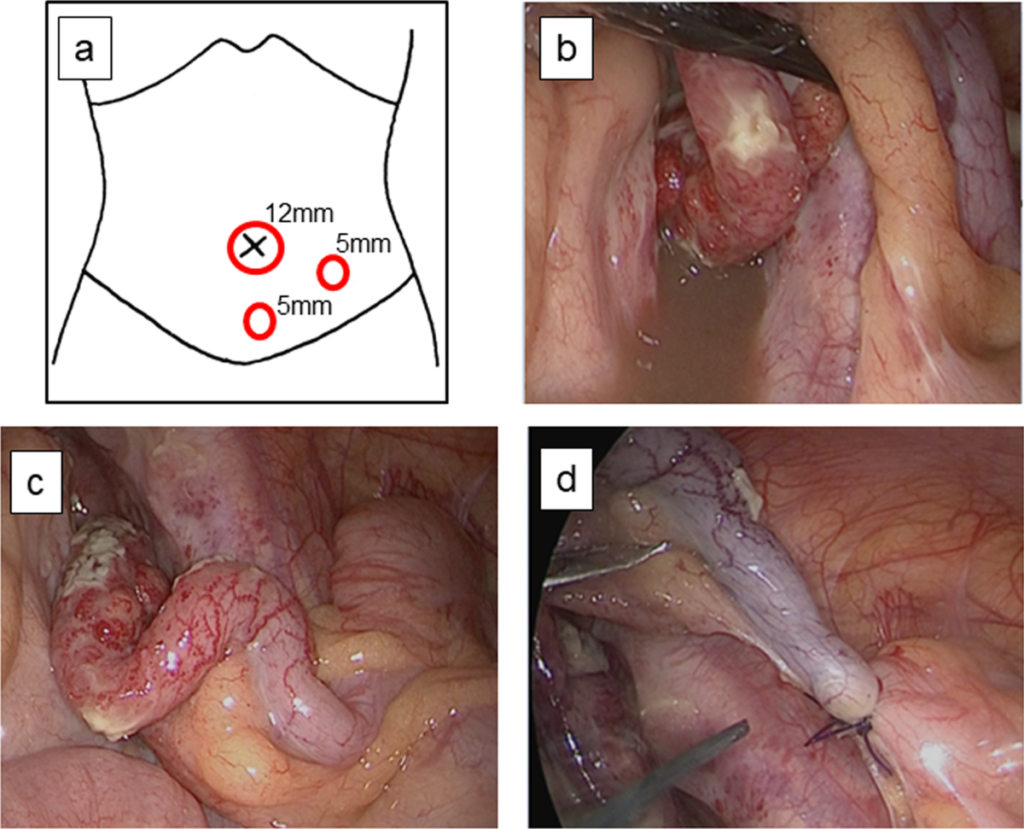Complicated appendicitis, characterized by perforation, abscess formation, or widespread peritonitis, often involves polymicrobial infections where Bacteroides species play a pivotal role. This article delves into the significance of Bacteroides in the pathogenesis, diagnosis, and treatment of complicated appendicitis.

What Are Bacteroides?
Bacteroides are a genus of Gram-negative, obligate anaerobic bacteria commonly found in the human gastrointestinal tract. These organisms are essential for maintaining gut homeostasis but can become opportunistic pathogens under certain conditions. Among the clinically relevant species, Bacteroides fragilis is frequently implicated in intra-abdominal infections, including appendicitis.
Characteristics of Bacteroides
- Gram-negative rods
- Obligate anaerobes
- Capsule production aiding in immune evasion
- Enzyme secretion for tissue invasion
These traits allow Bacteroides to establish infections, particularly when the mucosal barrier is breached, as seen in complicated appendicitis.
Pathogenesis of Complicated Appendicitis Involving Bacteroides
In complicated appendicitis, the appendiceal lumen becomes obstructed, leading to bacterial overgrowth and inflammation. Bacteroides, as part of the gut microbiota, can translocate through the compromised mucosa and contribute to the infection via:
- Toxin Production: Certain strains, especially B. fragilis, produce enterotoxins that promote inflammation and tissue destruction.
- Immune Evasion: The polysaccharide capsule of Bacteroides inhibits phagocytosis, enabling the bacteria to evade host defenses.
- Biofilm Formation: Biofilms protect Bacteroides from antibiotics and immune responses, complicating eradication.
Diagnosis of Bacteroides-Associated Complicated Appendicitis
Clinical Presentation
Patients with complicated appendicitis may present with:
- Severe abdominal pain, typically localized to the right lower quadrant
- Fever and tachycardia
- Signs of peritonitis, including guarding and rebound tenderness
Laboratory and Imaging Studies
- Blood Tests: Elevated white blood cell count and C-reactive protein levels indicate systemic inflammation.
- Imaging: CT scans often reveal appendiceal perforation, abscesses, or diffuse peritoneal fluid.
- Microbiological Analysis: Aspiration or drainage samples may yield Bacteroides, confirming their role in the infection.
Treatment Strategies
Effective management of Bacteroides-related complicated appendicitis requires a combination of surgical and medical interventions.
Surgical Intervention
- Appendectomy: Performed laparoscopically or via open surgery to remove the infected appendix.
- Abscess Drainage: Percutaneous or surgical drainage of localized collections is essential.
Antibiotic Therapy
Targeting anaerobes like Bacteroides is crucial. Recommended regimens include:
- Metronidazole combined with a broad-spectrum agent such as ceftriaxone
- Carbapenems (e.g., meropenem) for severe cases
- Beta-lactam/beta-lactamase inhibitors (e.g., piperacillin-tazobactam)
Supportive Care
- Intravenous fluids to restore hemodynamic stability
- Pain management and nutritional support
Prevention and Prognosis
Preventive Measures
- Prompt diagnosis and treatment of appendicitis to prevent complications
- Judicious use of antibiotics to reduce resistance
Prognosis
With timely intervention, the prognosis for complicated appendicitis is favorable. However, delayed treatment can lead to life-threatening sepsis or chronic complications.